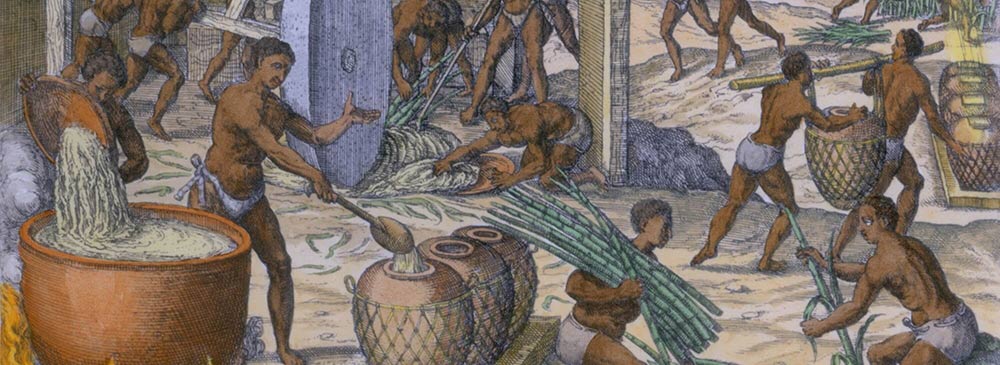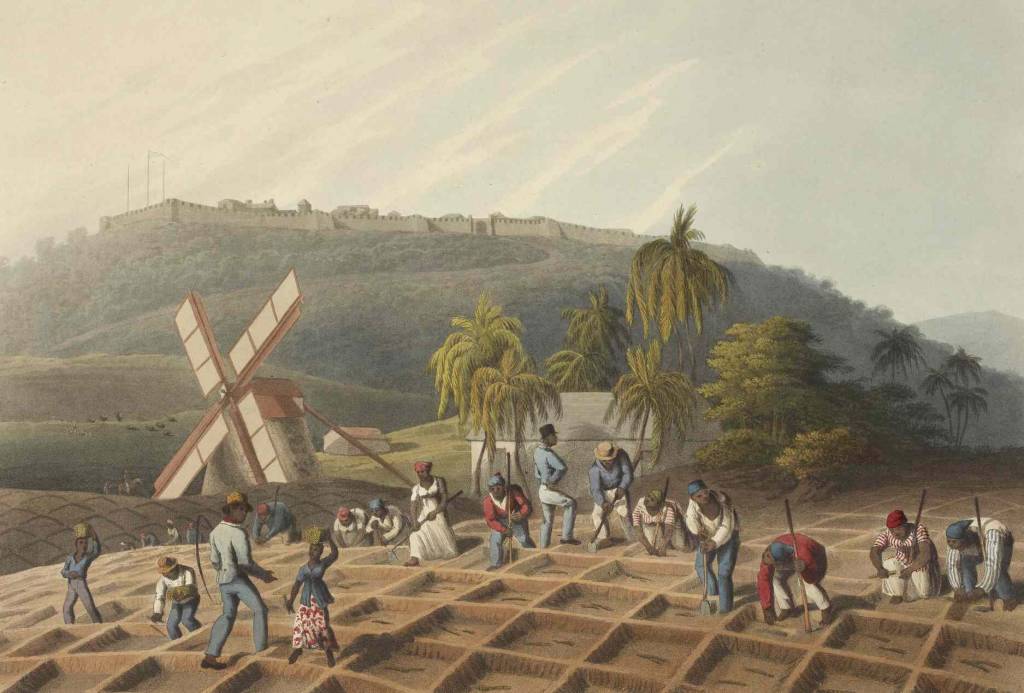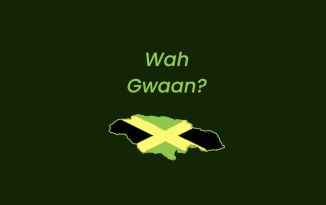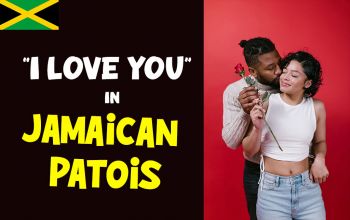Hello there, fellow language lovers! Today, we'll look at the history of Jamaican Patois, a creole language based on English that is spoken in Jamaica. Jamaican Patois is deeply embedded in Jamaican history and culture, and as we explore its origins and unique features, we'll discover how it became an integral part of Jamaican national identity.
The Origins of Jamaican Patois
The roots of Jamaican Patois are firmly planted in the transatlantic slave trade. The language emerged from African languages that were brought over by enslaved Africans from diverse regions of West and Central Africa. Since these Africans spoke different languages, a new language was formed by combining aspects of African languages with English, Spanish, and Portuguese.
The Slave Trade and Its Influence
The genesis of Jamaican Patois can be traced back to the transatlantic slave trade. Millions of Africans were forcibly taken from their homes and shipped to the Americas to work on plantations during this period. The enslaved Africans hailed from various regions of West and Central Africa and spoke a variety of languages.
As a result, a new language emerged, blending African languages with the languages of their European oppressors. This new language was a form of pidgin English, which is a simplified language used for communication between speakers of different languages.
 Slavery, Exploitation and Trade in the West Indies, 1759-1832
Slavery, Exploitation and Trade in the West Indies, 1759-1832 The earliest documented evidence of Jamaican Patois dates back to the early 17th century, during the British colonial era in Jamaica. The British colonizers employed African slaves as laborers on their plantations, and the Patois language developed as a means of communication between the slaves and their masters.
Language Features and Influences
Jamaican Patois was also influenced by the Taino indigenous languages spoken in Jamaica. Prior to the arrival of Europeans and Africans, the Taino people were the original inhabitants of Jamaica, and their language had a significant impact on the initial development of Jamaican Patois.
Over time, Jamaican Patois evolved and became increasingly distinct from the English language. The language was influenced by various other languages, including Spanish, Portuguese, and French. This was partly due to Jamaica's position as a center of international trade and commerce, and the language was influenced by the many different cultures that passed through the island.
As the language developed, it incorporated various grammatical structures and vocabulary from the African languages spoken by the enslaved Africans. For instance, Jamaican Patois has its own set of pronouns, which differ from those of the English language. The language also has a complex system of verb tenses, which is influenced by African languages.
Conclusion
To sum up, Jamaican Patois has an intriguing origin story that is deeply intertwined with Jamaican history and the transatlantic slave trade. The language has transformed significantly over time, drawing inspiration from various languages while creating its own unique features. Despite being previously viewed as a lower-class language, it has been recognized as a separate language that is an important component of Jamaica's cultural identity. Understanding the evolution of Jamaican Patois enables us to appreciate the determination and inventiveness of the Jamaican people, as well as the ways in which their culture has impacted the world.
Subcribe to Our Youtube Channel
Learn Jamaican Patois & Get more of the Jamaican Vibe with our easy to follow video lessons.
Subscribe




